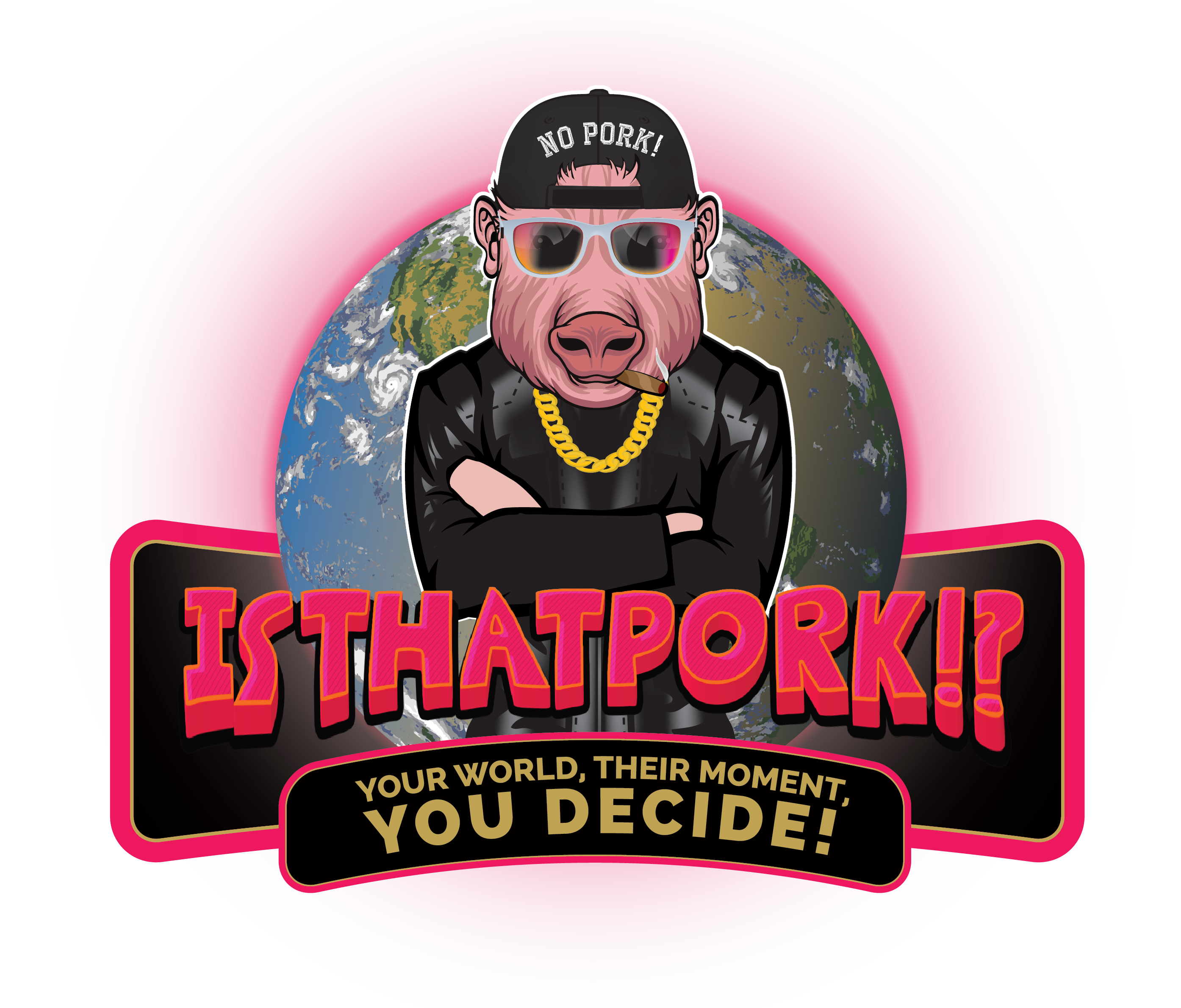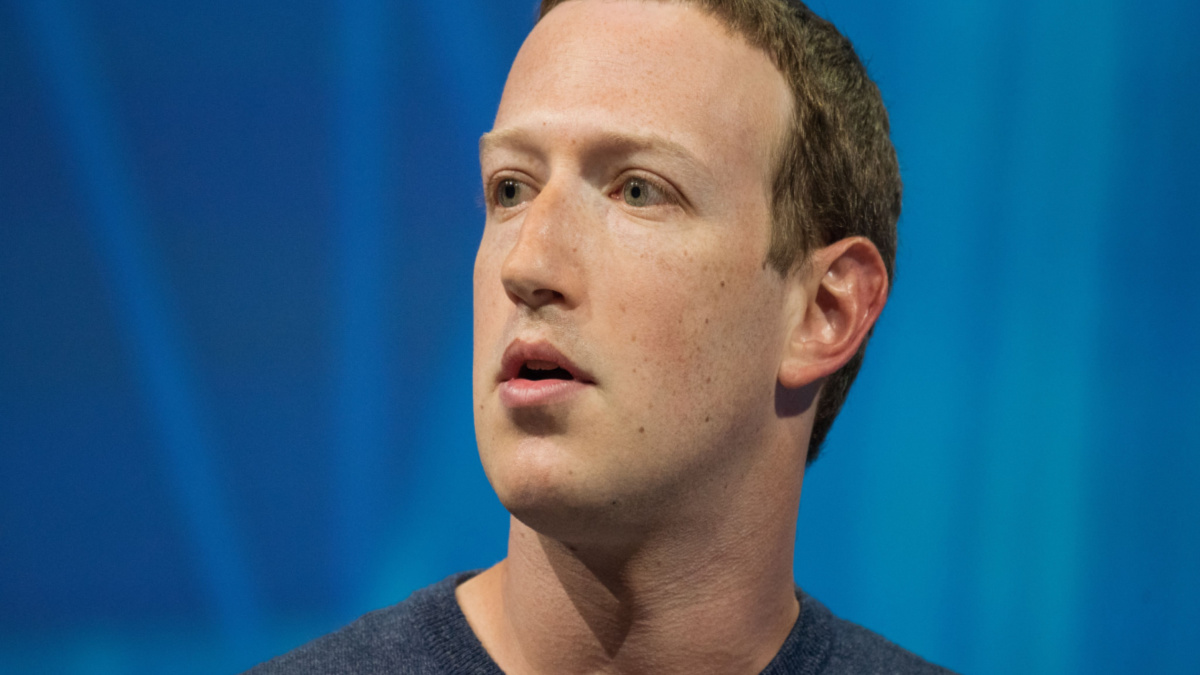TikTok is a serious threat to Facebook, and the adjustments the social network is making to compete with it could spell the end of the social network as we know it.
Friends and acquaintances will no longer be the primary focus of Facebook. Like TikTok, it’ll have an addictive scroll that feeds you movies, photos, and other content that it believes you’ll enjoy. You’re less likely to see postings from your embarrassing aunt and more likely to see videos of cute pets or recipes from food influencers as a result.
When Meta made the announcement last week, it was for Facebook and Instagram: When you open Facebook, the “Home” tab will be the first thing you see. The new primary screen was referred to as a “discovery engine” by a business announcement.
Any public video that is less than 15 minutes long will now be automatically converted into a reel on Instagram, which “may be eligible to be suggested” to other Instagram users.
Basically, if you’re tired of watching TikTok videos from random strangers, Facebook has you covered. On the default home screen, you’ll find an option called “Feeds,” which will allow you to see what your friends and followers are up to more clearly.
Algorithm-based engagement or consumption is prioritized over human connections in Meta’s new approach. Both IT and entertainment corporations are vying for consumers’ attention, whether it is on social media platforms or through streaming services.
Another step toward “the end of the social networking era,” according to Axios’ Scott Rosenberg.
While it’s a dramatic shift from the initial goal of Facebook, it’s a step in the right direction for the company. It used to signify something to update your status on Facebook.
Keeping score, here’s how Facebook has progressed:
When Facebook’s “News Feed” was originally introduced in 2006, it was nothing more than a simple list of friends’ updates.
There have been several algorithm-driven changes to Facebook’s feed over time, and this isn’t the first. Algorithms were put in place in 2009 that prioritized more interesting life updates from users’ relationships in the stream.
It launched an update in 2018 that will “prioritize postings that stimulate conversations and meaningful interactions amongst people.” (Critics claim that this confines people to political echo chambers, fueling fanaticism.)
As a result, this latest version marks the most significant departure yet from Facebook as a social network and a move closer to TikTok, which surged rapidly during the pandemic – maybe too quickly for Meta CEO Mark Zuckerberg not to take note.
When TikTok announced in September 2021 that it had more than 1 billion active users, it had just over 500 million members at the end of 2019. In March, Facebook claimed 2.9 billion monthly active users, but the social network has been operational for nearly two decades now.
“Aggressive new tactics to establish significance in a world where TikTok is rapidly setting the pace,” Casey Newton said in a recent edition of his Platformer newsletter.
If Facebook goes away, that doesn’t mean that we’re done with social media. The demise of social media platforms as venues to create “meaningful” interactions with people is a sad consequence of this development.
TikTok, Facebook, and other social media apps are now all about entertaining you and keeping you on the app for as long as they can. People you know won’t play a significant role in achieving that aim.
What’s Yor Take?
Like, Share, Comment, Tweet it Out!
“It’s Your World, You Decide!”

 Celebrity, Food Years Up!2 years ago
Celebrity, Food Years Up!2 years ago
 Celebrity, Food Years Up!2 years ago
Celebrity, Food Years Up!2 years ago
 Hip Hop3 years ago
Hip Hop3 years ago
 General News, Pork!2 years ago
General News, Pork!2 years ago
 celebrity2 years ago
celebrity2 years ago
 Sports, Food Years Down!2 years ago
Sports, Food Years Down!2 years ago
 celebrity2 years ago
celebrity2 years ago
 General News, Pork!3 years ago
General News, Pork!3 years ago

